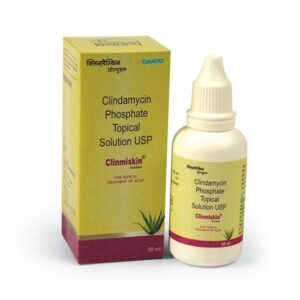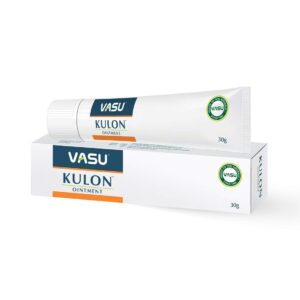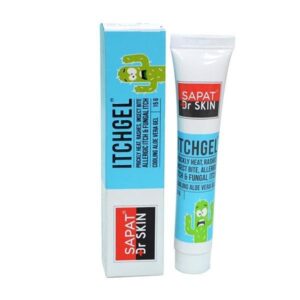OINTMENT
OINTMENT: Ointment is a type of topical medication that is used to treat a variety of skin conditions. It is typically a semi-solid, greasy substance that is applied directly to the skin. Ointments are usually composed of a combination of water, oil, and an active ingredient specific to the condition being treated.
The use of ointments can vary depending on the specific condition being treated. They are commonly used to treat skin infections, such as fungal or bacterial infections, as well as inflammatory skin conditions like eczema or psoriasis. Ointments can also be used to provide a protective barrier on the skin, to aid in wound healing, or to treat specific symptoms like itching or dryness.
The mechanism of action of an ointment depends on its active ingredient. For example, antifungal ointments work by inhibiting the growth of fungi, while corticosteroid ointments work by reducing inflammation and suppressing the immune response. Other active ingredients may have different mechanisms of action specific to the condition they are targeting.
The dose of an ointment can vary depending on the strength of the product and the specific condition being treated. It is important to follow the instructions provided by the healthcare professional or included with the medication. Ointments are typically applied directly to the affected area of the skin, and the frequency of application can range from several times a day to once a day, depending on the severity of the condition.
Like any medication, ointments can have side effects. Common side effects include skin irritation, burning or stinging sensation, itching, or redness at the application site. These side effects are generally mild and temporary. However, in some cases, ointments can cause more serious reactions such as allergic reactions or skin thinning with long-term use of corticosteroid ointments. It is important to discuss any concerns or potential side effects with a healthcare professional before starting or continuing to use an ointment.



